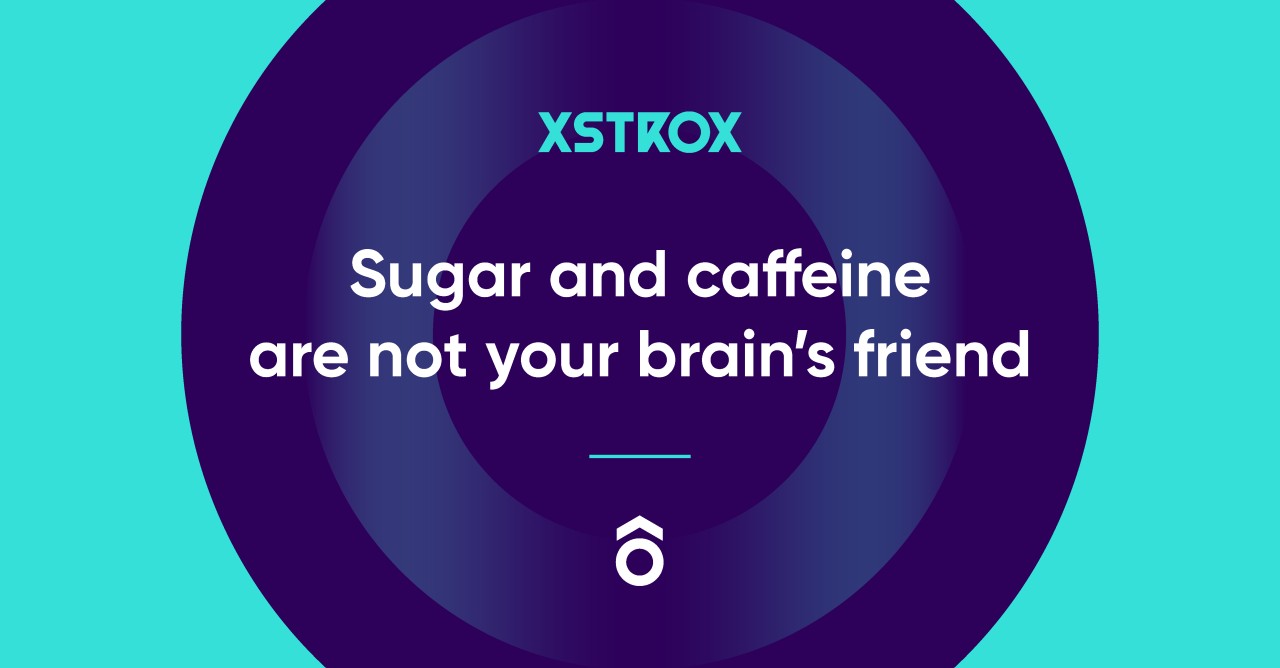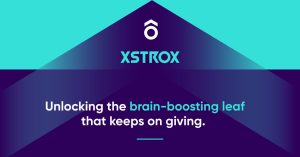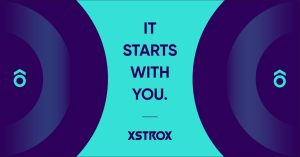
In today’s fast-paced world, leaders must perform at their peak with absolute focus to stay ahead of the pack. We know that our bodies need fuel to keep up the pace. Our diet directly impacts cognitive abilities, decision-making and long-term success. But what is the right fuel to keep our brains functioning optimally?
Modern society loves to lean on caffeine and sugar to get us and keep us going. But most of us don’t fully understand the effect both have. Let’s break down the science behind why more and more people are saying no to sugar and caffeine.
WHAT LIES BEHIND THAT SUGAR RUSH?
A false promise:
The 21st-century rat race makes sugar, as a quick energy fix, an alluring go-to. The immediate surge of glucose enhances alertness and energy. But the high is short-lived, followed by a crushing crash that disrupts decision-making and problem-solving, arresting long-term productivity.
Not so sweet after all:
Excessive sugar can also have harmful cognitive consequences — high sugar consumption links to brain inflammation and increases the risk of neurodegenerative diseases like Alzheimer’s. A sugary diet is not optimal if you want your impact to go far.
UNDERSTANDING THE CAFFEINE CONUNDRUM
That caffeine boost:
Thanks to coffee and most energy drinks, caffeine is a default stimulant for many leaders. It promises a jolt of energy, increases alertness and improves focus. But what is a seemingly harmless habit is a double-edged sword.
The crash that follows:
What goes up rapidly will usually fall rapidly, too. Sluggishness follows the initial boost and can cause restlessness, jitters and anxiety. These are not conducive to effective leadership. It can also interfere with sleep, leaving leaders fatigued and less mentally agile.
Caffeine has a dark side:
Do you value innovation and adaptability? Well, your brain’s ability to adapt and rewire itself, neuroplasticity, is a cornerstone of effective leadership. However, this is impaired by excessive caffeine intake, hampering skill acquisition, change processing and creative thinking.
THE NEUROSCIENCE DOESN’T LIE
Your brain’s adaptability:
The brain has an incredible ability to reorganise itself, which is crucial for leaders wanting to stand out in a dynamic, ever-changing business landscape. This neuroplasticity, as the brain strengthens or weakens connections between neurons, empowers you to learn, adapt, develop new skills and ultimately build your empire. But sugar and caffeine both place proven limitations on these processes. Instead, turn to proper hydration and a balanced diet to ensure efficient synaptic information transfer and enhanced cognitive abilities. The fuel you choose decides the distance you’ll reach.
Gray matter density:
Speaking of distance, the long-term success of your empire demands high-performing memory, problem-solving and decision-making. All of these functions are associated with the grey matter areas of your brain. There is a link between chronic sugar and caffeine consumption and reduced grey matter density. Where’s the value in giving up your most valued resource – your ability to think well – just for a quick fix?
NOURISHING YOUR BRIGHTER FUTURE
So, what can you do instead?
- Choose sugar-free and caffeine-free hydration options, like water, herbal teas or naturally infused water.
- Embrace a balanced diet rich in fruits, vegetables, lean proteins and whole grains to power up your brain.
- Make sleep, exercise and stress management a priority as the key pillars of your cognitive health.
With these three strategies, you’ll be well on your way – and stay the course! Ultimately, leaders are the driving force behind the success of an organisation, which is why being picky about the forces driving them is essential. The science of our brains is clear: our reliance on sugar and caffeine needs a total rethink — the reason why XSTROX is free of both. Choose clarity and creativity over a temporary rush and join us on this journey to nourish leaders to nurture their and their organisation’s brighter futures.





No comment yet, add your voice below!